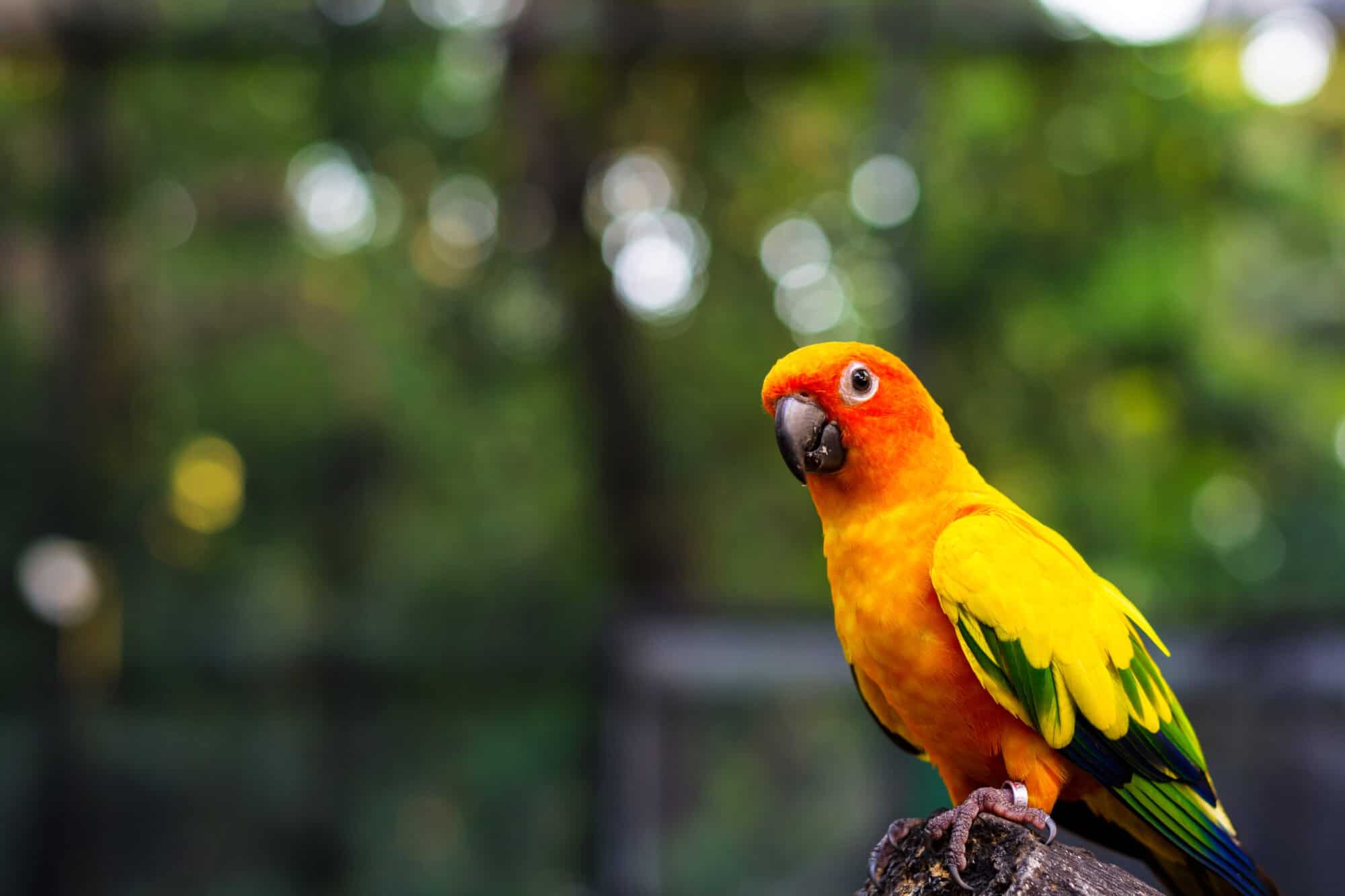Recognizing Signs of Illness in Exotic Birds: When to Seek Veterinary Care

Animals, in particular birds, have a remarkable ability to cover up signs of illness. This survival instinct helps them avoid appearing vulnerable in the wild, but poses a challenge for their caretakers.
For those of us who love and care for birds, recognizing bird health symptoms is crucial. At South Texas Avian & Exotic Hospital, we’re here to provide the avian veterinary care you need to keep your feathered friends healthy and happy.
How to Know If Your Bird is Sick
Birds are masters of hiding illness. If you pay close attention to your bird’s behavior and appearance, though, you can often detect early signs that something isn’t right. Bird health symptoms can vary widely depending on the underlying issue, but some common signs to watch for include:
- Dull or Unkempt Feathers — Healthy birds typically have bright, smooth feathers. A bird with dull or fluffed-up feathers may be sick.
- Changes in Appetite — A decrease or increase in appetite or other sudden change in eating habits can be a red flag.
- Altered Activity Levels — If your bird seems less active or energetic than usual, something may be wrong.
- Feather Plucking — Some birds pluck feathers due to stress or boredom, signaling underlying health issues.
- Eye Trouble — Squinting, closing the eyes often, or ocular discharge can signal a problem.
- Breathing Difficulties — Labored or open-mouthed breathing, or nasal discharge (which may show up as wet feathers around the beak) are concerning symptoms.
- Respiratory Sounds — Coughing, wheezing, or sneezing can be indicators of respiratory infections.
- Abnormal Molt — Molting is a natural process, but a molt that takes longer than usual may indicate health problems.
- Digestive Issues — Diarrhea or vomiting shouldn’t be ignored as they can be a sign something isn’t right. Untreated, they can quickly lead to dehydration and further complications.
- Behavioral Changes — Increased agitation, aggression, or spending more time at the bottom of the cage may indicate that your bird is not feeling well.
- Loss of Balance — Trembling, weakness, or difficulty perching can be signs of a neurological issue or other serious conditions.
- Lumps or Bumps — Any abnormal growths should be evaluated as soon as possible.
You know your pet’s normal behavior better than anyone. If something seems like it isn’t right, it’s better to err on the side of caution and schedule an appointment with our avian veterinary care team. It is hard to know what the problem might be on your own, as many common pet bird illnesses can appear similarly.
Prevention is Key
Because birds can be so adept at hiding illness, it’s essential to take a proactive approach to their health. Regular monitoring of your bird’s habits and routine veterinary wellness care can help you catch potential issues early.
Routine avian care should Include:
- Regular wellness examinations to allow our veterinarians to assess your bird’s overall health, and catch subtle signs of illness.
- Periodic blood work and other diagnostic tests to help detect underlying health issues before they become serious.
- Routine fecal exams in order to identify parasites or infections that might otherwise go unnoticed.
- Proper grooming including beak and claw trims to help prevent overgrowth and related health issues.
- A balanced diet to support proper nutrition
- Environmental enrichment to decrease stress and support immune function
By working with the team at South Texas Avian & Exotic Hospital for your regular avian veterinary care, you can help ensure your bird stays in optimal health. Your bird relies on you to notice signs of illness. They may be stoic creatures, but they still need your help to stay healthy.
Our team is dedicated to providing the highest standard of care for your exotic pets and is here to answer your questions and address any concerns. Don’t hesitate to act if you think that your pet might need our help.
